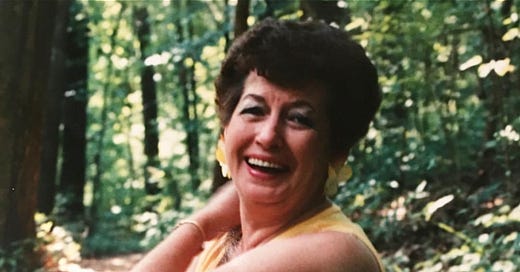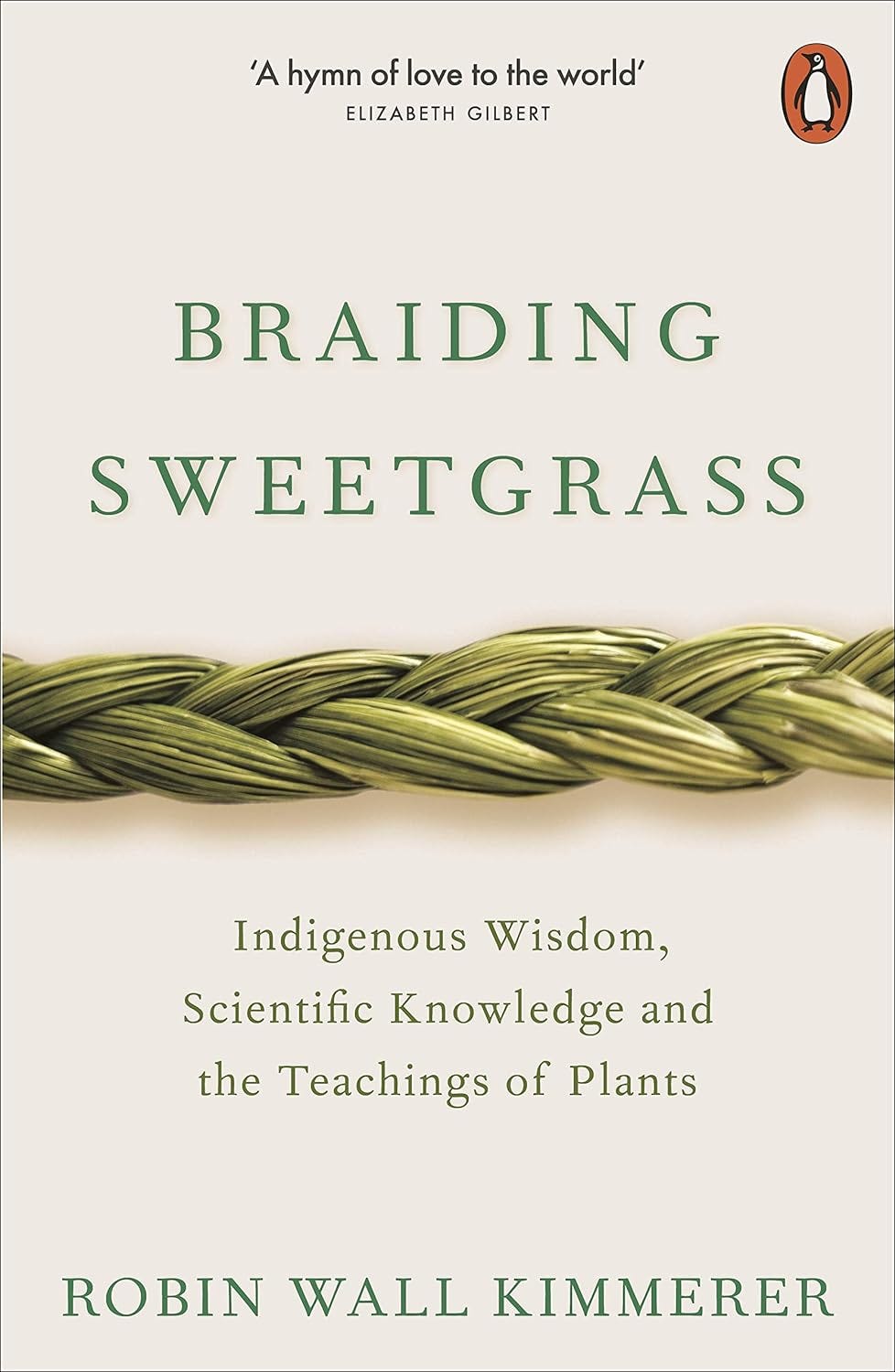She sat through the sermon for about twenty minutes before her rage became irrepressible.
She watched her pastor, bold and supremely confident in stature and tone, stand in front of the baptismal into which she’d been submerged by his strong hands only a year and a half prior. On this Sunday, the joy she’d felt after emerging from those waters and the warm sense of belonging she’d experienced ever since, evaporated as she listened to this man, who she’d hosted in her home and allowed into her heart, declare that wives were prone to deception and, for that reason, should learn to obey their husbands in all things. In disbelief, she glanced at her husband to see if he was registering the message the same as she. The look on his face confirmed that she’d heard right – this preacher was suggesting that she should obey her husband like a daughter would a father because she lacked the intelligence and/or the integrity to make sound judgments on her own.
Wilma Dean had grown up picking cotton to survive because her daddy had left her mama with three kids and no support. She and her family never had enough of anything, and poverty left scars on her soul she spent the rest of her life enduring. She married young to a man who beat her and left her with four children. She worked two jobs to keep a roof over their heads and eventually had a fifth child who was the result of a sexual assault. She’d seen more suffering than most people would in ten lifetimes by the time she met her second husband. Don was the finest man she’d ever met, and he loved her with a deep passion and unshakable commitment. He took her children into his heart, and they became his very own. She knew he was the best thing that ever happened to her. Indeed, she repeated a refrain so often we all came to know it by heart: “Thank God for Donald Ray!”
Wilma Dean loved Donald Ray. She honored him. She ironed his clothes and kept his butterscotch candies stocked in the jar next to his recliner and never complained when he spent every weekend hunting in the autumn months. She relished gracing his life with her feminine presence and enjoyed his masculinity in every way. But obey him?
Did this pastor not understand what that kind of senseless hierarchy could do to their marriage? Or how he was tinkering with their mutual respect and positive regard? Or how this message reverberated in the ears of a woman who had been abandoned, abused, and raped by men her whole life and who survived all this because of her own resilience, fortitude, and intelligence? As he continued to bluster and bawl from the stage, the hard-earned steel inside Wilma Dean that had helped her survive the unimaginable began to harden and spread upward into her heart where she had allowed this pastor – these people – to enter. And just as she had never asked Don’s permission for anything else she’d ever done – or ever would do – she didn’t ask him before she gathered her purse, shot up from the pew, and roared: “Fuck that! And fuck you!” With that, she turned her perfectly coiffed head and sashayed right out of that church never to return. And to his everlasting credit, Don got up, shook his head at the pastor like so much dust off his feet, and walked right out that door with his woman.
Wilma Dean was my grandmother, my guiding light, and my inspiration for well-timed badassery. Imagining her in this moment fills me with pride.
You may have heard the news that Gen Z women are leaving the church in unprecedented numbers. The American Survey Center found that nearly two-thirds of Gen-Z women say churches do not treat men and women equally, and that the “steady accumulation of negative experiences and dissonant teachings” make it impossible to stay in their formative religions. This is problematic because women contribute more time, energy, and money to churches than men do (and have always done so since the inception of the Christian faith). Pew Research polls demonstrate that mothers are the ones passing on the faith to their children, with most Americans raised in religious households crediting their mothers more so than their fathers for leading in their faith formation. One researcher described this as a four-alarm warning because churches cannot exist without women and the very passing on of the faith requires mothers who are in faith communities that they want to pass on to their own children.
One of the best books I’ve read in 2024 is Braiding Sweetgrass: Indigenous Wisdom, Scientific Knowledge and the Teachings of Plants by Robin Wall Kimmerer, a professor of ecology and biology who is also a member of the Potawatomi Nation. Her artful blend of science, mysticism, storytelling and wisdom is at its best when she describes what’s known as the Honorable Harvest, which is the “indigenous canon of principles and practices that govern the exchange of life for life.” She provides a loose description of the Honorable Harvest, and I want to list the principles here because they have implications for all of life, not just ecology, and I find them especially powerful considering the mass exodus of our women. As Kimmerer beautifully notes, “What we can imagine, we can become.” I want to take a moment and imagine with you what might be possible if we learned to harvest honorably from women in the American Church.
Know the ways of the ones who take care of you, so that you may take care of them.
Our mothers, sisters, and aunties are the life-givers of our churches. What if we sought to understand women, empathize with women, and elevate the feminine perspective and voice as a way of deeply caring for those who have always taken care of us? We might quickly realize that our proof-texts and feebly constructed gender doctrines yielded only poisoned, tasteless fruit in comparison to the exuberant abundance we’d experience together in a context of mutual, deep care.
Be accountable as the one who comes asking for life.
When we ask for women to sacrifice and serve, we are asking for their lives. What if we held our churches and leaders accountable for how we use (and misuse) the lives of women? What if we recognized our own vulnerability in needing the lives of women? How would this impact our ideas of power, hierarchy and control?
Ask permission before taking. Abide by the answer.
Rather than approaching women with prescriptives for duties they must perform to attain godliness, what if we practiced the discipline of asking and abiding? Countless churches teach women and girls that their bodies are not their own and they must marry to be whole, and then submit sexually to their husbands to be aligned with God’s values, and then have children to experience worth. What if we adopted the concerns and desires of women as priority in our churches, releasing our own control into the hands of the Holy Spirit living inside of women?
Never take the first. Never take the last. Take only what you need. Take only that which is given. Never take more than half. Leave some for others.
When women are pressured into giving their lives to institutions that will not ordain them, allow them to vote on rules that govern them, and regularly produce theology and doctrine meant to control them, they eventually realize they are being depleted and never restored. And we know what happens to good, rich soil when it is not restored. All the life is drained and there is nothing left for her. What if we prioritized the joy, rest and well-being of women throughout the various stages of their lives? What if we refused to allow them to give without equal pay, equal titles of respect, and equal voice? What richness might be left in the soil of the feminine heart in that environment?
Harvest in a way that minimizes harm. Use it respectfully.
The harm done to women throughout the history of the church is incalculable; but if we consider what has happened in the years following #MeToo and #ChurchToo, the actions and stances of many Christian leaders and denominations is appalling. The demand for women to continue to submit to teachings on female subordination considering the abuses and cover-ups, the relentless scandals, and the exposure of imbalance in ministry is absolutely lunatic. What if churches set as their top priority a “no harm” principle when it comes to women and girls? What if learning to respect women was a central teaching from cradle to grave in our corporate bodies? What would that kind of safety produce in the hearts of women and how would that impact our churches and the world?
Never waste what you have taken.
When we don’t honor women, which includes giving them their due credit and encouraging them to live into their ministerial callings fully and without limit, we squander the talents entrusted to them (and to us). What if we celebrated the power of God in women and girls and joyfully accepted the offering of God in their lives without gatekeeping?
Share.
What if we believed there is enough of everything to go around, and we stopped allowing a few to hoard power and authority? What richness could be found in sharing our platforms and resources with women?
Give thanks for what you have been given. Give a gift, in reciprocity for what you have taken.
We need women. Without women we have no families, no churches, and no close-knit communities. In short, nothing is sustainable without women.
What if we allowed humility to guide us into gratitude for their sacrifices, their expertise, their perspectives, their talents, their intelligence and integrity, and their faithfulness to us when we didn’t deserve it? What if we stood in awe of the ways they uniquely mirror our Creator and all that they teach us about reality?
We have harvested dishonorably from women and the bill has now come due. Gen Z women are just the beginning of the exodus coming to our churches because of the accumulation of neglect, spiritual abuse, and inequity found in our corporate bodies.
Nowhere else in America is it legal or ethical to underpay women, demand volunteer work from them while paying men to do similar jobs, refuse to give them appropriate credit and titles for their roles and responsibilities, discriminate against them in governance, silence them in cooperate gatherings, coerce them into sex on demand, shame them into denying their wants and needs, and brainwash them into distrusting their own intelligence, intuition, and agency. And it’s a sackcloth-and-ashes kind of shame that the Body of Christ continues to tolerate this treatment of women.
But the story isn’t over.
We have opportunity to change things, not by implementing some radical feminist agenda, but simply by honoring our women for the life-giving, soul-shepherding, faith-nurturing, truth-teaching, badass human beings that they are so naturally.
And, if we don’t rectify our mistakes soon, may we all take notes from the playbook of Wilma Dean and Donald Ray and sashay ourselves right out the door, leaving those who would insist on the dishonorable harvest to bluster and bawl from the stage alone.









Amber, you are a helluva story-teller! What a legacy you have, too. Man, it's so sad and yet Wilma knew the fraud of it all. Thanks for sharing insight from this book and applying it to this crisis situation in the church. Those lessons are all so life-recognizing and life-giving.
This resonated so much with me!! I believe it would resonate with my 3 daughters who sashayed their way out of the church as soon as they were out of our house.
I am learning, but still have much to learn.